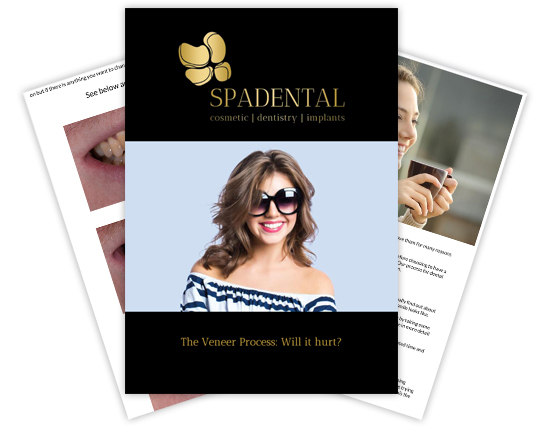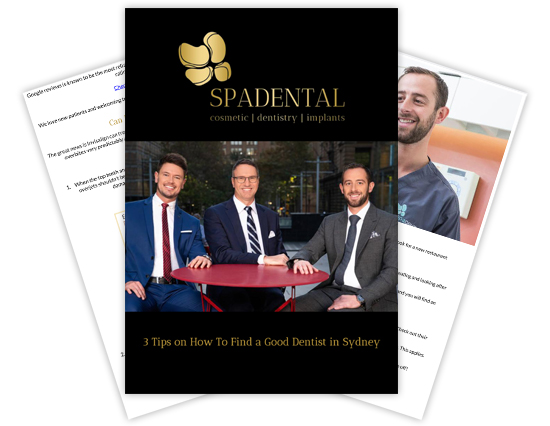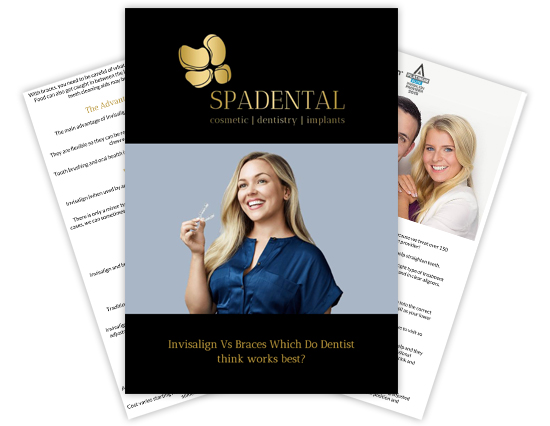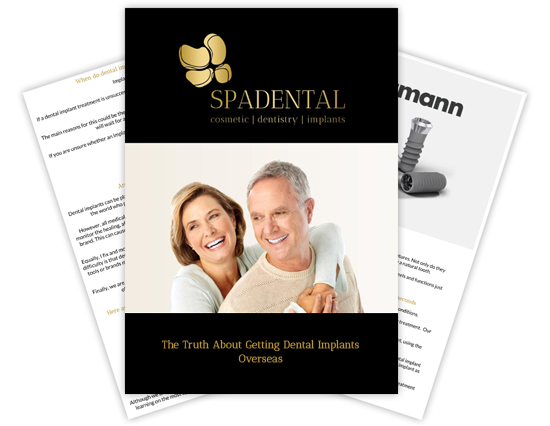Sensitive teeth

If you suffer from teeth sensitivity, you may have felt a sharp sensation in your teeth after having food and drinks that are cold, hot or acidic. This may occur because the protective layer of tooth enamel or gum tissue has worn away, exposing the underlying layer. This is called dentin and it leads to the nerve of the tooth. When your dentin encounters pressure or major changes in temperature, this literally ‘strikes a nerve’ and will result in a sharp pain.
Many patients choose to ignore tooth sensitivity, but in actuality it can be revealing of a much more serious problem. Cracked teeth, cavities, pressure from tooth grinding or dental procedures such as whitening can all be causes of overly-sensitive teeth and all will require a check up from your dentist in Sydney CBD.
What can a dentist in Sydney CBD do about it?
Concern about sensitive teeth should be discussed with your dentist in Sydney CBD immediately. Our experienced dentists can alleviate the pain associated with sensitive teeth, as well as prevent further discomfort in the future.
Our dentists, here at Spa Dental Sydney CBD can quickly and accurately identify or rule out the cause of sensitive teeth and create a treatment plan based on your needs. Currently, several options are available, based on the severity and frequency of your sensitive teeth.
One option is to use a desensitising toothpaste. Your dentist in Sydney CBD can prescribe a desensitising toothpaste to help block the pain of sensitive teeth. This toothpaste will block the transmission of pain from the nerve endings on the surface of teeth, to the nerve in the root of the tooth.
If the cause of your sensitivity is a cavity, or when other options aren’t showing effective results, your dentist in Sydney CBD can treat you with a filling. If it progresses from a cavity to a more serious tooth root problem, a root canal may be necessary to fully relieve a patient from pain.
Can I prevent sensitivity?
Brushing twice a day, as well as daily flossing, are the most important steps in maintaining effective oral hygiene. Avoiding hard brushing and abrasive toothpastes are also important steps in the prevention of sensitivity.




